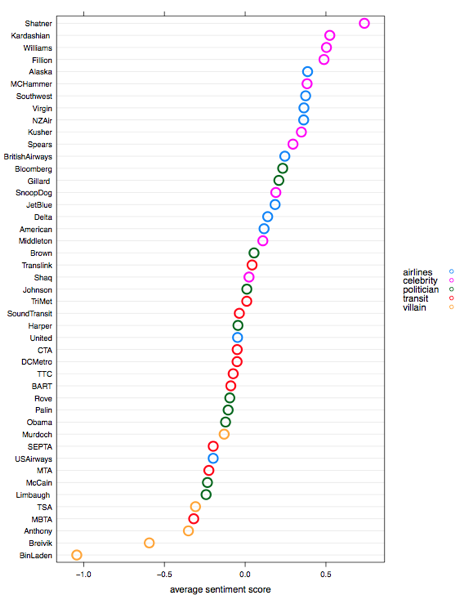Our Federal budget donnybrook embodies so many conflicts in American values that it’s hard to recount them all: disagreement over the Federal government’s reach versus states’ rights, a disillusionment, for whatever reasons, with social programs, the staggering costs of being at war for a decade—the list goes on and on. Buried within the politics of the budgetary battle, however, are longstanding snafus in US policy. One such mistake, and a potentially crippling one if it continues, has been a chronic inability among US leaders to help voters connect the dots between transportation investment and user fees.
In 2009, the Federal Highway Trust Fund, which pays for a sizable chunk of US transport investment, fell short of its financial commitments. Why? Because the federal gas tax which supports the HTF is out-of-date. We haven’t increased the gas tax—which is 18 cents per gallon—since 1993. That’s like you or me not getting a pay raise in 17 years! Throughout the intervening decades, the Highway Trust Fund remained in the black because Americans kept consuming more and more gasoline. We didn’t take advantage of those growth times to bump up the tax by a nickel or a dime, when gas prices were low and we could have afforded it, easily.
Now the US is now in a tricky position. Having underinvested for decades with an eroding revenue stream vis-à-vis booming demand for transit and highways, much of our transportation infrastructure is aged, obsolete, or congested. Americans understand the problem, and they want transportation investment. A recent poll done by the Rockefeller Foundation found that two thirds of their respondents from both political parties believe that transportation investment is important. But less than a third thought raising the Federal gas tax is acceptable.
Those views make for potent political one-two punch in bankrupting transport funds. Leaders want to deliver on things that Americans value, like transit. But politicians don’t want to pay the political penalty that comes with charging tolls or transport taxes to cover project costs. Thus politicians work in a constant state of temptation, a bit like college students with their Dads’ credit cards—spend now, pay later.
No recent president has fallen harder onto this political whipsaw than Obama. After the 2009 shortfall in the Highway Trust Fund, a report from National Academy of Sciences recommended a modest increase in the gas tax and a gradual movement to mileage fees. The Obama administration’s response was no way, no how.
Instead, Obama not only decided to ignore the shortfall, but to build on it. His State of the Union and budget emphasized an infrastructure extravaganza: a new $8 billion yearly investment to create a high-speed rail system via a 54,000 percent increase in the budget for the Federal Railroad Administration. Even though high speed rail companies will charge passengers once the system in place (quite a bit, if fares around the world are any indicator), Obama’s proposal had no clawback for the Federal taxpayer and no plan to create a sustainable, long-term fund for seeding the projects.
Instead, the administration simply looted from general fund programs.
We can expect the major windfalls from high speed rail to go to land owners who develop around stations—just like the real estate developers who are now cashing in on all the new land in downtown Boston provided by the Big Dig. Financing things like high speed rail out of the general fund, rather than using a pay-as-you-go system of user fees, can burden low-income Americans both by taking their tax money for transport projects unlikely to benefit them much and gobble up money from programs that serve them, like Aid to Families or veterans’ benefits (both of which felt the ax).
Obama may have avoided the ire associated with raising the dreaded gas tax, but his high speed rail proposal completely backfired on him, at least for now. Around the country, from Wisconsin to Ohio to Florida, Republican governors have made a media festival out of turning down Federal high-speed rail funds. In doing so, the Republicans have successfully portrayed the whole high speed rail plan as yet another instance of Obama’s fiscal irresponsibility and, worse, a wildly expensive vanity project.
So Obama ran a fruitless and embarrassing budgetary gambit that, had it worked, would have undermined the user-based funding principles that have served transportation investment remarkably well for about 60 years. He got chewed up like a man in a bacon suit at a dog show, and the whole debacle distracted everybody from the really innovative ideas in the budget, like a national infrastructure bank to help governments leverage private funds for transportation investment.
All that, just so that Obama could dance around the dreaded gas tax and get a few trains going? Really?
